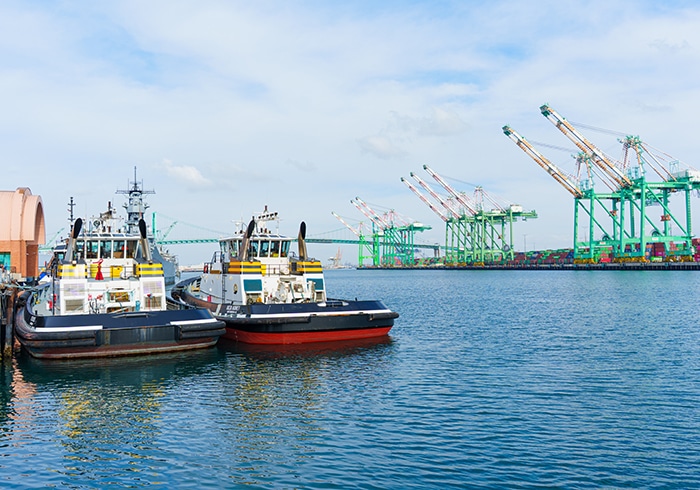Shipping Sector Delays Net-Zero Emissions Framework

The global shipping industry faced a significant setback last Friday as the International Maritime Organization (IMO) adjourned its Extraordinary Session of the Marine Environment Protection Committee (MEPC/ES.2), postponing the adoption of the crucial Net-Zero Framework (NZF) for one year. This decision, which follows a preliminary agreement made in April 2025, has raised alarms among climate advocates and industry experts who view it as a major blow to efforts aimed at reducing shipping emissions and transitioning to cleaner energy sources. The adjournment was prompted by a motion from Saudi Arabia, which garnered support from 57 countries, effectively stalling progress on this critical environmental initiative.
Industry Reactions and Implications
The decision to delay the NZF has sent shockwaves through the shipping industry and environmental advocacy groups. Experts have described the outcome as “catastrophic for confidence,” highlighting the potential long-term impacts on decarbonization efforts. Dr. Tristan Smith, a professor at UCL Energy Institute, noted that external pressures, particularly from the United States, influenced several countries to change their positions since the April meeting. He pointed out that threats of tariffs and reprisals for supporting the framework played a significant role in shaping the vote outcome.
Alison Shaw, an IMO manager at Transport & Environment, emphasized the desire among many nations to clean up the shipping industry, despite facing pressure from powerful countries. The Clean Shipping Coalition (CSC) expressed its disappointment, with representative John Maggs stating that the delay represents a squandered opportunity to address the shipping sector’s contribution to climate change. He criticized the decision as an evasion of reality, especially as the impacts of climate change are increasingly felt worldwide.
The NZF is designed to align with the IMO’s Greenhouse Gas (GHG) Reduction Strategy, which aims for a 20-30% reduction in emissions by 2030 and 70-80% by 2040, ultimately targeting net-zero emissions by around 2050. Jesse Fahnestock, director of decarbonization at the Global Maritime Forum, acknowledged the adjournment as a setback but insisted it is not the end of the journey. However, he warned that the one-year delay complicates the timeline for achieving the sector’s decarbonization targets.
Future Steps and Ongoing Efforts
Despite the adjournment, work on the foundational aspects of the NZF will continue. Dr. Annika Frosch from UCL Energy Institute confirmed that the process remains active, with upcoming sessions focusing on key technical guidelines necessary for potential adoption in 2026. These guidelines will address critical details on emissions accounting and the establishment of a fund to support the transition to cleaner fuels.
US port charges on China vessels add to supply chain uncertainty
The Global Maritime Forum has stressed the urgency of finalizing the design for Zero and Near-Zero Fuels and ensuring a just transition. They believe that robust guidelines can facilitate the framework’s adoption next year. The outcome of the recent meeting also underscores the importance of regional and national regulations in international shipping.
As the industry navigates this uncertain period, experts like Dr. Smith and Dr. Pinar Langer emphasize the need for proactive engagement and evidence-based approaches to ensure that the eventual framework is equitable and actionable. The Clean Shipping Coalition has called on member states to utilize this time to strengthen the framework, particularly focusing on enhancing energy efficiency measures. While the delay has left the sector in a state of uncertainty, the commitment to meaningful decarbonization remains a pressing challenge for climate-conscious nations.
